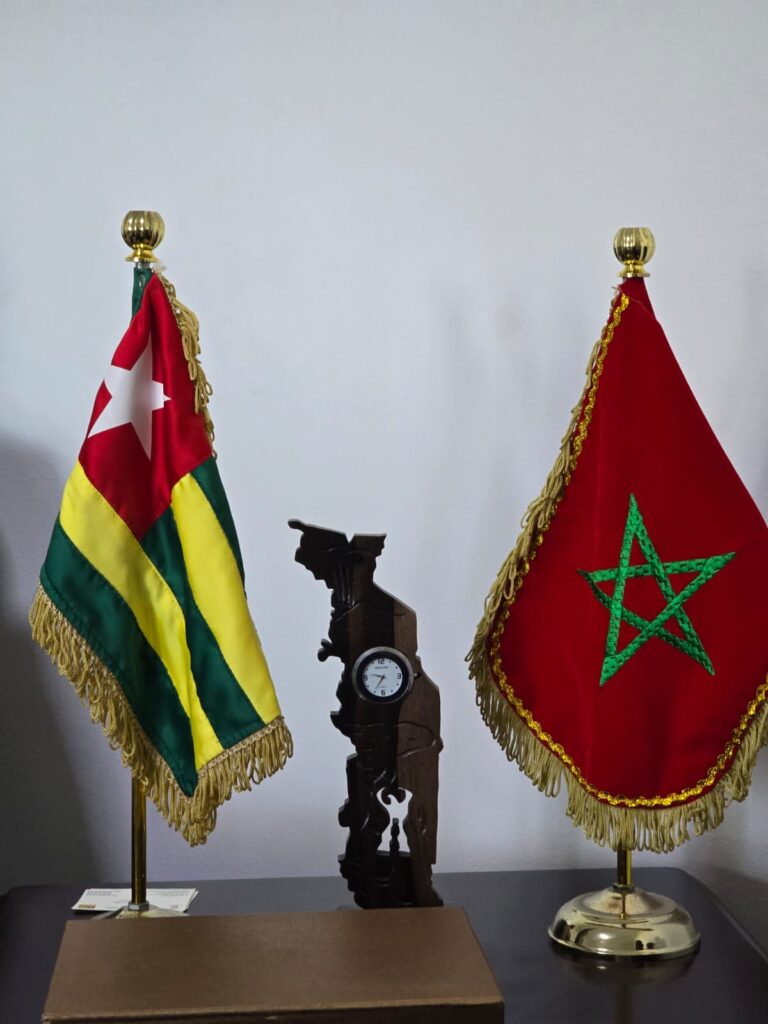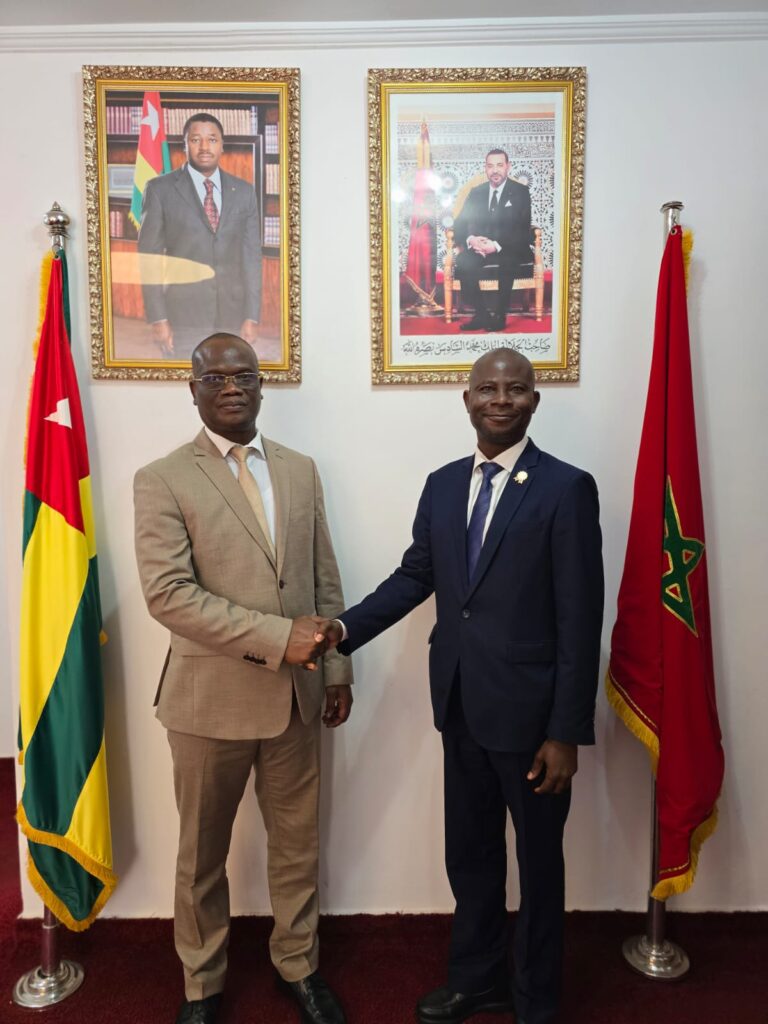Togo’s Independence Day: A Celebration of Freedom and National Pride

Every April 27, the Togolese Republic proudly and solemnly celebrates its Independence Day, marking the country’s accession to national and international sovereignty in 1960. This significant event remains a defining moment in Togo’s history—a powerful symbol of hard-won freedom after decades of German and then French colonial rule.
A Brief Historical Overview
Togo, formerly a German colony under the name Togoland, came under French mandate after World War I. Following years of political struggle and demands for self-determination, the country finally gained its independence on April 27, 1960, with Sylvanus Olympio as its first president.
Four years prior, the British-administered part of Togoland had been integrated into the Gold Coast, which became the independent State of Ghana in 1957. In 1959, French Togoland became an autonomous republic within French West Africa (AOF), laying the groundwork for full sovereignty the following year.
This historic date stands as the culmination of the efforts of Togo’s nationalist leaders and the determination of its people to chart their own path toward development and self-governance.
Behind the Name “Togo”: Identity and Heritage
The name “Togo” is derived from the village Tóago, which in the Ewe language means “by the water” or, depending on the intonation, “beyond the hill”—often interpreted as “land of the lagoons.” From the 16th century, the coastal area around present-day Togo became a hub for European traders, particularly in the transatlantic slave trade, earning it the name “The Slave Coast.”
In 1884, during the Berlin Conference era (1884–1885), Germany declared the region a protectorate under the name Togoland. The territory was conquered by Anglo-French forces at the outbreak of World War I in 1914. Following Germany’s defeat in 1918, the region was split into British Togoland (west) and French Togoland (east). French Togoland’s journey to independence began in earnest in 1959, culminating in full sovereignty on April 27, 1960.
Commemorations and National Festivities
Independence Day is marked by a wide range of national events. In the capital, Lomé, the official ceremony features a grand military parade on the ceremonial square, bringing together the armed forces, schools, civic organizations, and public institutions.
Patriotic speeches, ecumenical prayers, and cultural events enrich the day’s proceedings. Across towns and villages, the celebrations include concerts, traditional dances, sporting competitions, and public festivities, all contributing to a festive and unifying national spirit.
A Moment for Reflection
Beyond the celebratory dimension, April 27 is also a time for reflection on the progress achieved since independence and the ongoing challenges the nation faces. It is a moment to reaffirm national unity, peace, and solidarity.
Togolese authorities often use this occasion to launch new initiatives related to development, youth empowerment, and social cohesion—emphasizing the importance of building a better future grounded in republican values.
CAFRAD’s Tribute to the Government and People of Togo
On the occasion of the 65th anniversary of the independence of the Togolese Republic, the African Training and Research Centre in Administration for Development (CAFRAD) has the distinguished honor and pleasure of extending its warmest congratulations and sincere wishes for peace, prosperity, and continued progress to His Excellency Mr. Faure Gnassingbé, President of the Republic, the Government, and the entire Togolese people.
This historic date of April 27 marks a turning point in the journey of the Togolese nation—a symbol of sovereignty, dignity, and a steadfast commitment to inclusive and sustainable development. Through its leadership, stability, and innovative reforms, Togo remains a key actor in the advancement of modern and effective public administration in Africa, in service to its citizens.
It is worth recalling that CAFRAD’s Director General, Dr. Coffi Dieudonné ASSOUVI, was received in audience on Thursday, October 24, 2024, by Mr. Messan Amakoé KLUTSE, Chargé d’Affaires a.i. at the Embassy of the Togolese Republic in the Kingdom of Morocco, in Rabat. Their productive and insightful discussions focused on the need to raise awareness among member states about CAFRAD’s ambitious initiatives, including through an upcoming regional tour by the Director General.
Since then, regular exchanges between the two diplomats have led to plans for the joint celebration of the 10th anniversary of the Embassy of the Togolese Republic in Rabat, scheduled for June 2025.
The collaboration between CAFRAD and Togo encompasses key areas such as:
- Capacity development for leaders and senior officials on global challenges;
- Diplomatic training tailored to the new roles and expectations of modern diplomacy;
- Governance focused on results and performance;
- Human security and emerging geopolitical dynamics;
- Strategic infrastructure development and smart governance systems.
A Strong and Enduring Partnership
As a pan-African institution dedicated to strengthening administrative capacity across the continent, CAFRAD is proud of its strong and fruitful cooperation with the Togolese Republic, and reaffirms its commitment to supporting efforts in governance, institutional transformation, and holistic, sustainable human development.





